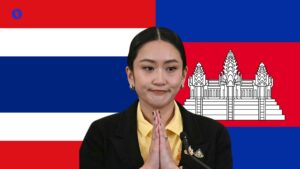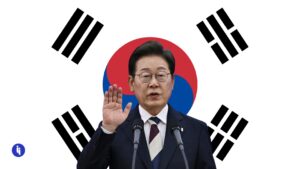Mongolian leader Oyun-Erdene Luvsannamsrai is in the US this week for talks with Vice President Kamala Harris and other senior US officials.
Why? Mongolia wants to:
- ☟ Reduce its dependence on neighbouring China and Russia
- ⚒️ Diversify its resource-heavy economy
- 🤝 Lower its inherent isolation as a landlocked nation, plus
- 📸 The photo ops play well ahead of Mongolia’s 2024 elections.
As for the US, it wants to:
Stay on top of your world from inside your inbox.
Subscribe for free today and receive way much more insights.
Trusted by 129,000+ subscribers
No spam. No noise. Unsubscribe any time.
- 🎲 Dilute the influence of Beijing and Moscow on Mongolia’s choices
- 🌏 Nudge Mongolia towards Western efforts at balancing China
- ⛏️ Tap Mongolia’s vast critical mineral reserves for the US tech, energy, and defence sectors, and
- 💪 Reduce China’s dominance in those same mineral supply chains.
So how do they try to achieve all this? The two countries have:
- 🛫 Finalised an Open Skies pact to facilitate direct air travel
- 📈 Worked on a ‘third neighbour’ economic plan (per Mongolia’s policy of finding partners to balance its two neighbours), and
- ✍️ Signed a critical minerals deal back in June.
Intrigue’s take: These kinds of deals open a door, but ultimately it’s still up to each person and business whether they want to head on through. That’s why Mongolia is chatting in more detail with key players like Google, SpaceX, and others.
But even with the door open, and leaders cheering folks on, there’s such a strong gravitational pull in other directions: both countries naturally trade the most with their own two immediate neighbours.
So a lot in this visit probably still comes down to signalling (particularly to China and Russia) that both the US and Mongolia have options.
Also worth noting:
- US-Mongolia trade in goods was ~$175 million last year. China-Mongolia trade was $13.7B (64% of Mongolia’s total trade).
- Mongolia has abstained from UN resolutions condemning neighbouring Russia’s invasion of Ukraine.
- After Mongolia welcomed a visit by the Dalai Lama in 2016, Beijing raised fees on Mongolian products and restricted an important border crossing.








